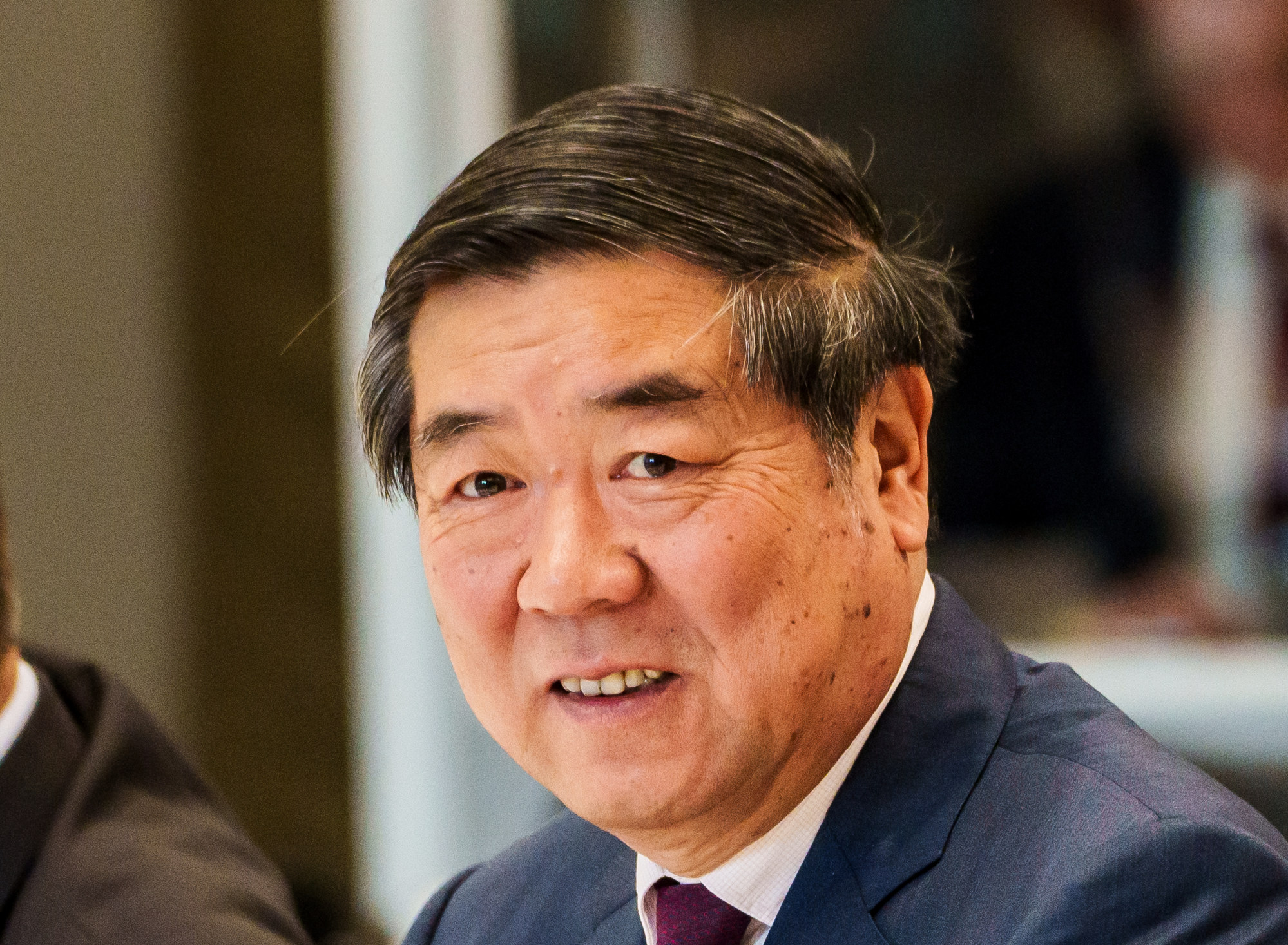
Chinese Vice-Premier He Lifeng calls on cities to buy back residential land, unsold homes to aid distressed developers
- ‘Local governments should recover or purchase the idle stockpile of residential lands properly according to the situation,’ He Lifeng said on Friday
- Local governments can also purchase unsold homes to serve as affordable housing backup, he said
China has unveiled a swathe of policies designed to “carry on the battle” to clear excess housing inventory and ensure the timely delivery of new homes, in its most ambitious effort yet to rescue the property sector and shore up the broader economy.
The media briefing was held just hours after Vice-Premier He Lifeng called on local governments to purchase unsold homes during a meeting.
“Local governments should recover or purchase the idle stockpile of residential land properly according to the situation, to help ease pressure on distressed developers,” He said during a meeting on Friday, according to a Xinhua News Agency report.
The special loans will be offered to 21 national lenders, from policy banks to state-owned commercial banks and joint-stock banks, at a rate of 1.75 per cent, according to Tao Ling, deputy governor of the People’s Bank of China.
“This is a significant move by central government in response to the changes of supply-demand dynamics in the property market, and to cater to people’s need for quality homes,” Tao said. “We will promptly implement it and launch multiple measures.”
Vice-Premier He stressed the importance of the property sector and the need to “carry on the battle” to surmount the risks that unfinished and unconstructed homes represent. The health of the property market is tied closely to social wellness and economic development, He said, according to Xinhua.

He’s call coincides with an announcement from the People’s Bank of China (PBOC) on Friday that it will remove the national lower limit on mortgage rates for first and second homes. The PBOC also cut down-payment ratios for first- and second-time buyers to 15 and 25 per cent, respectively, compared with 20 and 30 per cent previously.
In another move to stimulate demand, the PBOC lowered interest rates on loans tied to individuals’ housing provident funds by 0.25 percentage points.
“The policy adjustment on housing provident funds will lower the cost of home purchases and encourage potential buyers to take out loans,” said Yan Yuejin, director of the E-house China Research and Development Institute.
Recent official data showed that the property industry is still in a downward spiral. Prices of new homes in first-tier cities fell 0.6 per cent in April to cap an 11th straight month of decline, while property investment dropped by 9.8 per cent year on year in the first four months of 2024.



